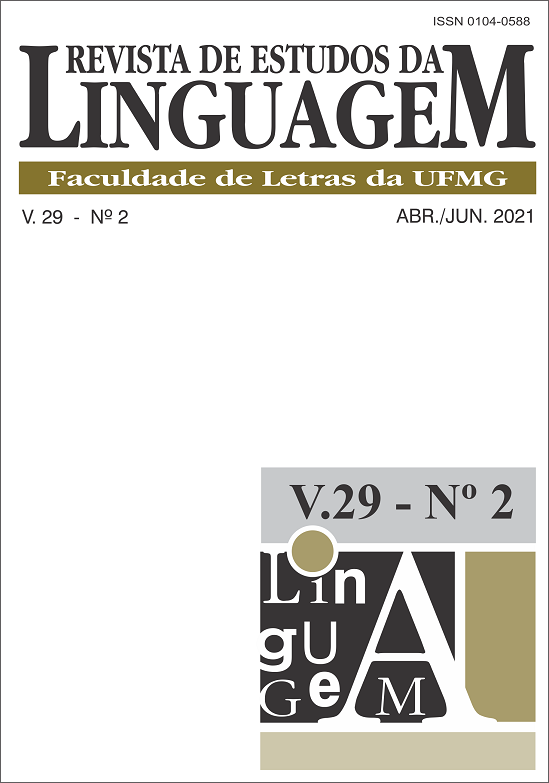Inteligibilidade e convencionalidade em textos de divulgação da área médica em português brasileiro
DOI:
https://doi.org/10.17851/2237-2083.29.2.959-998Palavras-chave:
textos de divulgação, tradução, convencionalidade, inteligibilidadeResumo
O objetivo desta pesquisa é cotejar dados indicativos de inteligibilidade e convencionalidade em textos de divulgação da área médica em português para verificar sua adequação ao público brasileiro. Para tanto, apoiamo-nos nos pressupostos da Linguística de Corpus para a compilação e o processamento de um corpus paralelo, formado por textos escritos originalmente em inglês e suas traduções para o português, e um corpus comparável, composto pelos textos traduzidos em português e por textos originalmente escritos nesse idioma. A metodologia do estudo combina análises quantitativas – para levantamento de inteligibilidade, chavicidade e colocação – e qualitativas – para análise das palavras em contexto. Em relação à inteligibilidade, as ferramentas apontaram que os textos escritos em português são ‘difíceis’ para o leitor médio brasileiro, com grau de instrução inferior ao Ensino Médio. Já os textos traduzidos foram considerados ‘razoavelmente difíceis’, de acordo com esse mesmo critério de avaliação, que classificou os originais em inglês como ‘razoavelmente fáceis’, considerando-se seu público alvo, ou seja, o leitor médio estadunidense. A análise qualitativa apontou que os textos traduzidos apresentam quebras de convencionalidade, demonstrando preferência por equivalentes prima facie, nem sempre condizentes com os padrões observados nos textos de mesmo gênero escritos originalmente em português. Apesar de a ferramenta de acessibilidade textual indicar que tanto os textos escritos originalmente em português quanto aqueles traduzidos não se mostram totalmente adequados para o leitor-alvo brasileiro de textos de divulgação médica, acreditamos que a quebra da convencionalidade, identificada nos textos traduzidos, pode dificultar ainda mais a compreensão do leitor médio de resultados de pesquisas científicas da área da saúde.





